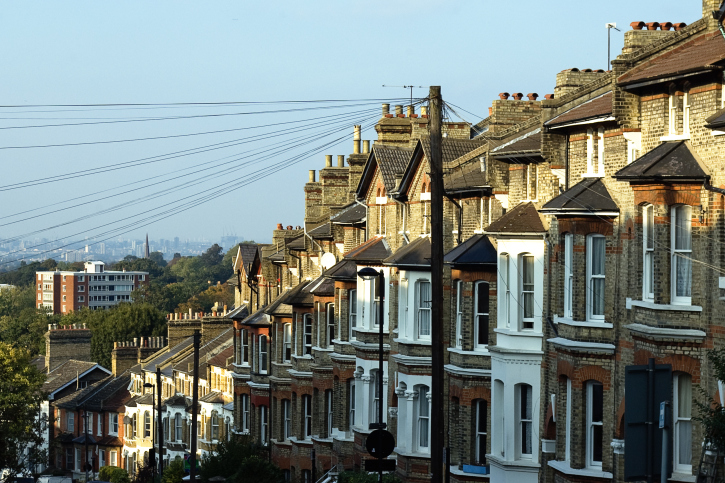
In December 2021, the lender recorded 10% growth.
On a monthly basis, the lender’s report shows that house prices increased by 0.8% in January.
This is the strongest start to a year since 2005 and it leaves the average house price at £255,556.
Despite two years of massive and near continuous house price growth, Nationwide chief economist Robert Gardner says this is likely to slow down in 2022.
“House price growth has outstripped earnings growth by a wide margin since the pandemic struck and, as a result, housing affordability has become less favourable,” he says.
Gardner adds: “Reduced affordability is likely to exert a dampening impact on market activity and house price growth, especially since household finances are also coming under pressure from sharp increases in the cost of living.”
MT Finance director Tomer Aboody agrees: “There’s still huge demand from buyers who are taking advantage of the low interest rate environment and stretching themselves to get their dream home.
“However, with interest rates expected to increase along with inflation, impacting disposal income and deposits saved by buyers, the market is likely to slow down this year as affordability gets tougher,” he says.
And Yopa chief analyst Mike Scott explains that activity may be lower because, “1.5 million homes were sold last year, which was only possible because the stock of homes for sale was run right down, and there simply aren’t enough homes on the market now for that level to be achieved again.
He continues: “We expect that the number of homes sold this year will be between 1 and 1.2 million, well below the number in 2022 and a little below the average level between 2014 and 2019.”
Meanwhile, Fine & Country managing director Nicky Stevenson says: “While monetary policy will tighten in 2022, this is unlikely to have a significant dampening effect on the housing market any time soon with most agents around the country still unable to find enough homes to meet demand.
“With supply of new builds expected to plateau as a result of material shortages and planning delays, secondhand stock has become more valuable than ever.
“It looks as though sellers are destined to remain in the driving seat for some time to come.”
And Glenhawk chief executive Guy Harrington comments: “Conventional wisdom would suggest that a combination of rampant inflation and rising interest rates, alongside a reversal of the pandemic induced urban-to-rural migration trend as buyers finally wake up to reality, will finally rein in frankly eye watering figures.”
He concludes: “The UK house price market has a repeated history of defying economic headwinds, however, so this is far from certain.”



